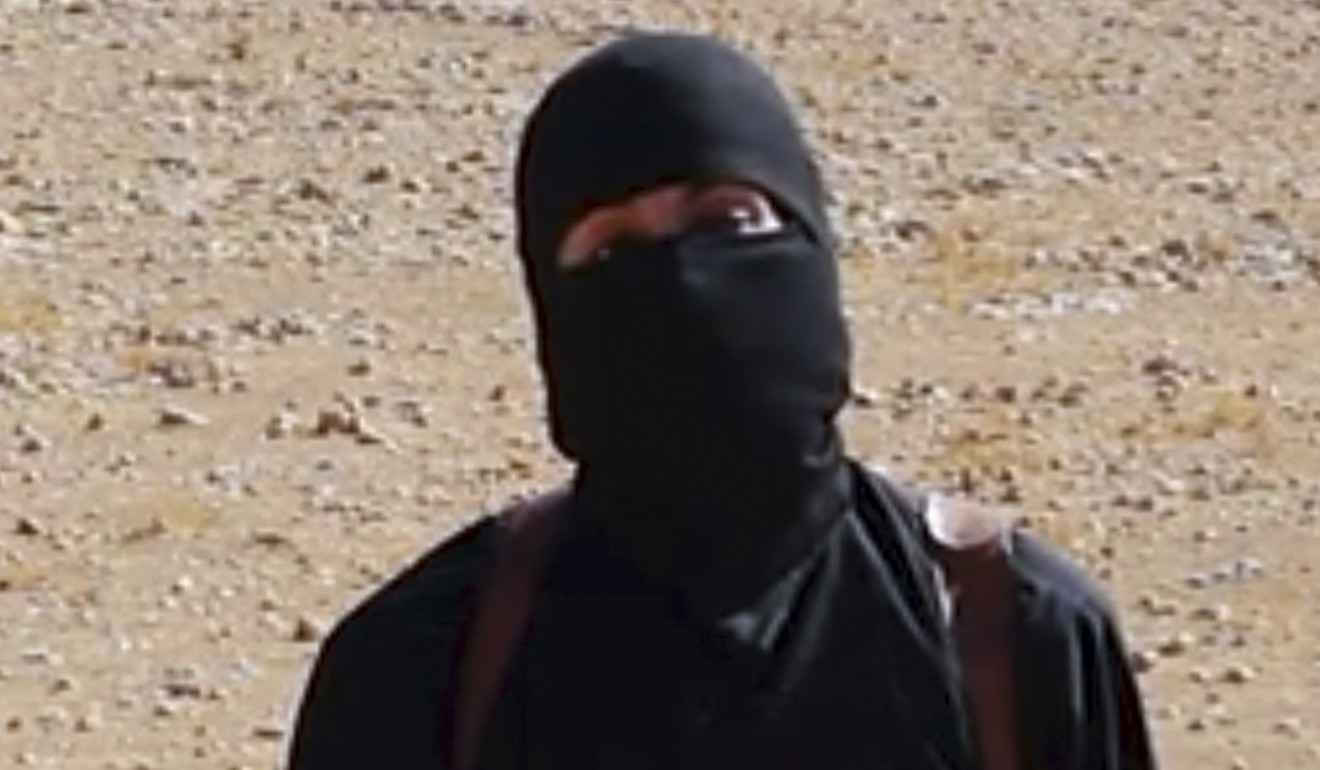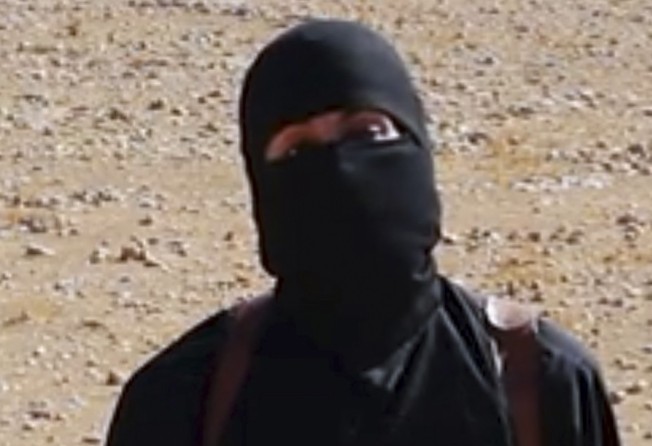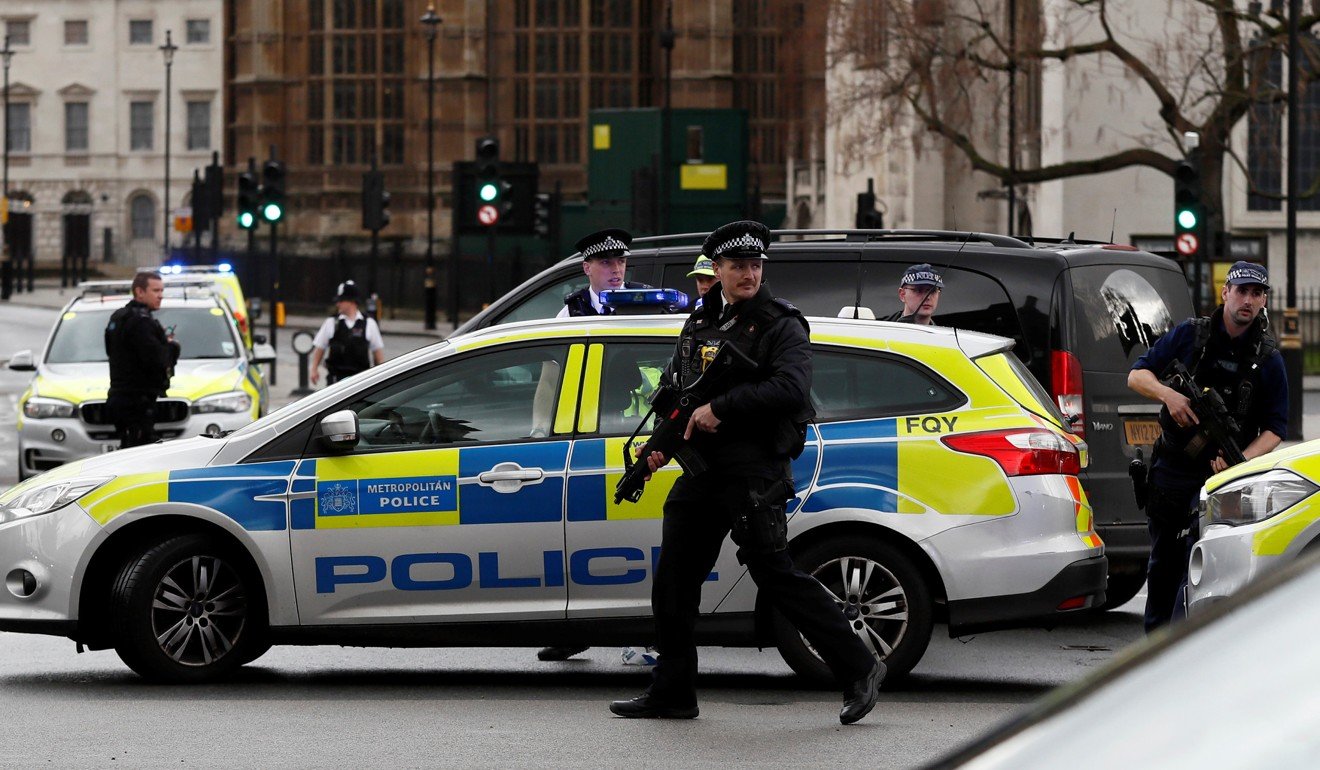
The fight to defeat radical Islamists has only just begun

As Theresa May and Britain’s Conservative Party review the train wreck of Thursday’s national election results, and France’s voters prepare to go to the polls tomorrow, a single long dark shadow is cast across both communities – the traumatic and bloody dislocation being wrought by radical Islamists.
Turn a stone anywhere across the globe and the same shadow is close at hand – not just in obvious conflict areas like Syria or Iraq or Afghanistan, but in southern Mindanao, Jakarta’s mayoral elections, Saturday markets in Germany, rock concerts in Manchester or pubs in central London. It was not an accident that US President Donald Trump’s first overseas journey was to Saudi Arabia. And if anyone could clearly tell me what is going on between Qatar and every one of its Islamic neighbours, I am sure that is not an accident either.
Are we really expected to believe Qatar’s emir Tamim bin Hamad Al Thani is in this hot water all because he paid a US$1 billion ransom for the release of 24 royal family members who had been taking a falcon hunting holiday in Iraq? Or this was his exotic way of channelling funds to radical jihadist (holy war) groups?Are we really expected to believe he is more heavily involved in such funding than his Wahhabi counterparts in Saudi, with their madrassa schools all over the Islamic world? Just how crass was it for Trump to crow that his conversations a month ago with King Salman had triggered this body-blow to the financing of terror and that this was “the beginning of the end to the horror of terrorism”.
Every generation seems to yield up its crop of apocalyptically unhinged madmen (usually men). Today we think of them as mostly coming from disrupted parts of the Islamic world, but of course this was not always so. As US journalist Graeme Wood wrote in his fascinating new book The Way of Strangers – Encounters with the Islamic State: “Christian messianism has been, historically, a more deadly disease than Muslim messianism – but the latter has recurred in recent decades in increasingly virulent form.”
Do you remember, too, these writings: “My hand grasps the killing power in Heaven and earth; to behead the evil ones, spare the just, and ease the people’s sorrow”? Not Osama bin Laden or some radical Shiite mullah, but Hong Xiuquan, leader of the Taiping Rebellion in 1850.
But what is going on now is not part of a normal generational crop of madman activity, whether Islamic or otherwise. It has the potential to inflict huge global harm. And it seems likely to get much worse before it will get better. As religious scholar Karen Armstrong commented in her 2014 book Fields of Blood: “Apocalyptic conviction rarely disappears quietly, and often ends in mass death.” The convergence of the worst and most protracted recession in almost a century and the contagious power of social media has transformed what would once have been contained unnoticed local upheavals into potentially catastrophic global disruptions.
Sitting here in Hong Kong, geographically and culturally so far from these terrible bloody events, we have so far been able to put this global crisis out of sight and out of mind. As Wood cryptically comments: “We have wilfully ignored the particulars of Islamic State’s religious claims. Our enemy has invited us to know more about it, and we have been so repulsed that we have declined the offer.” But how long can this remain so, even here in Hong Kong?
As I have pushed myself up this monstrously confusing Islamic learning curve, certain things become clear: First, while Western targets of Islamic terror have become more common, this is first and foremost a war between an impossibly diverse group of Muslims, with fiercely differing interpretations of Koranic truth. We are not just talking here about ages-old conflicts between Sunni and Shiite Muslims, but for example between Wahhabism being proselytised by Saudi Arabia, and Salafism being espoused by Islamic State, and ferociously defended interpretations of sharia law by rogue scholars across the Islamic world.

Third, and perhaps most important of all, there can be no negotiated compromise with those at the heart of today’s Islamic terror. As Wood notes: “Islamic State craves an all-out civilisation war and is working full throttle to trigger it.”
In this the impatient Messianics in Mosul and Raqqa are only marginally at odds with their more patient Wahhabi rivals. Both believe that the Koran has defined a clear path to the establishment of an Islamic state, and the end of the world at which point only the chosen will ascend to Heaven. Both agree on the trigger events that have to be seen as signs of progress towards that inevitable end.
The difference is that our more “moderate” Muslim governments believe they have to wait for these events to occur naturally, and our suicidal jihadis are anxious to push things along. Hence their impatience to create a “caliphate” (the Koran apparently says there will be 12 caliphates before the coming of the end, and we have only had eight in history so far), and to identify the “mahdi” who is destined to lead Muslims to victory before the end of the world.

Solutions will need to come from tackling inequality, preventing the development of alienated ghetto communities and spurring economic growth to a point where ordinary working people have hope. Virulent and violent jihadism within our Muslim communities can only be purged by our Muslim communities themselves. I disagree with Trump. We are not at the beginning of the end of the problem. We are at the beginning of the beginning.
David Dodwell researches and writes about global, regional and Hong Kong challenges from a Hong Kong point of view